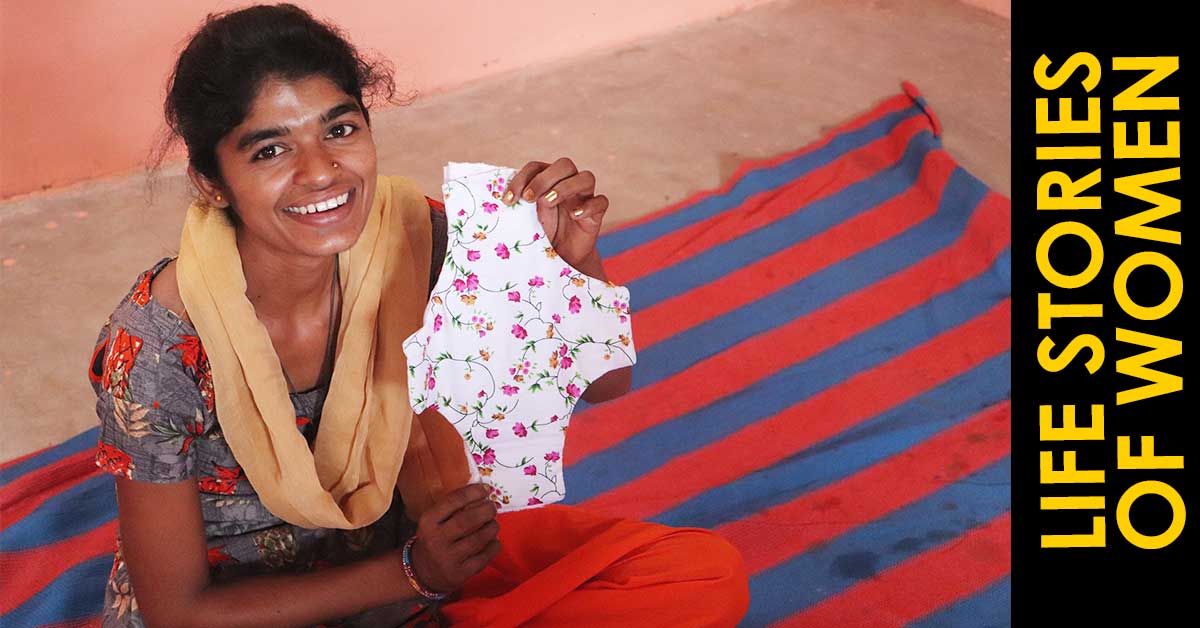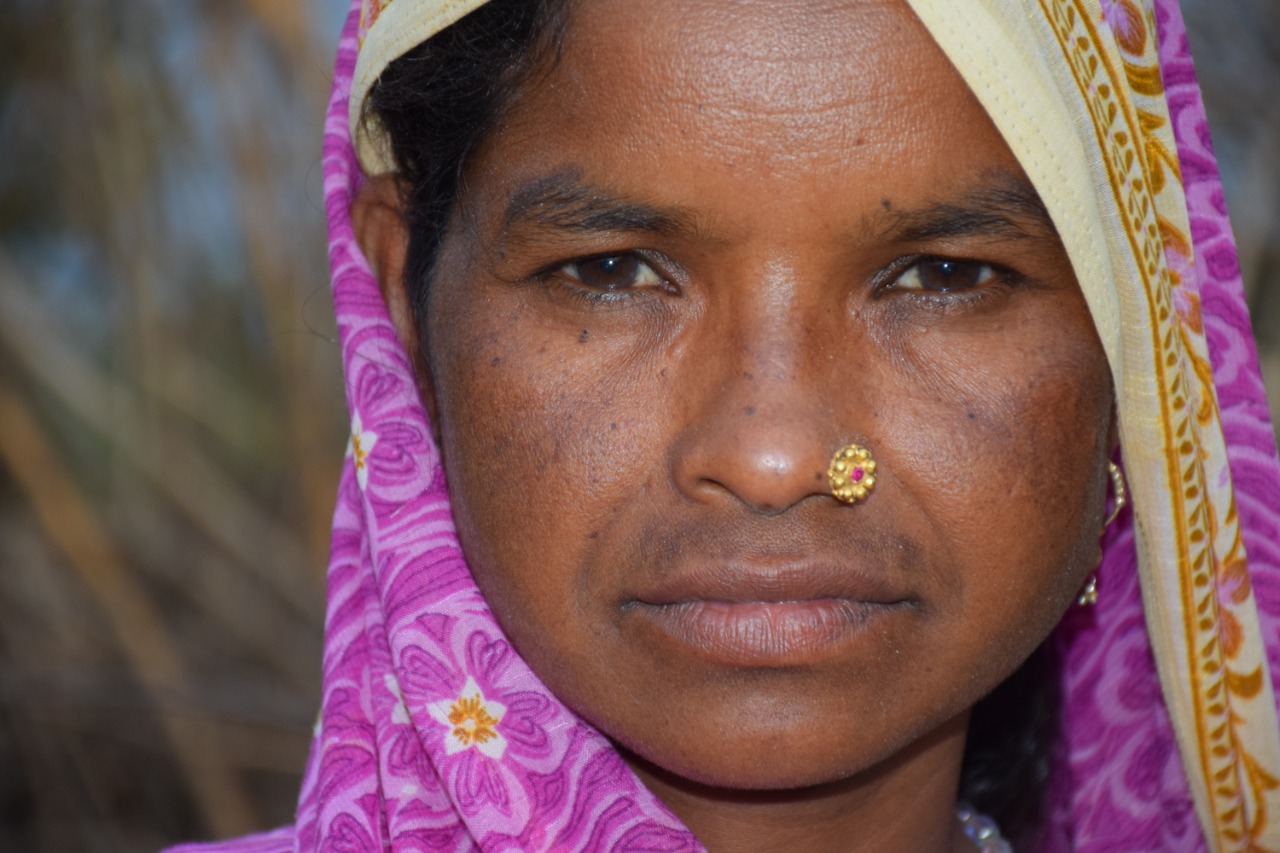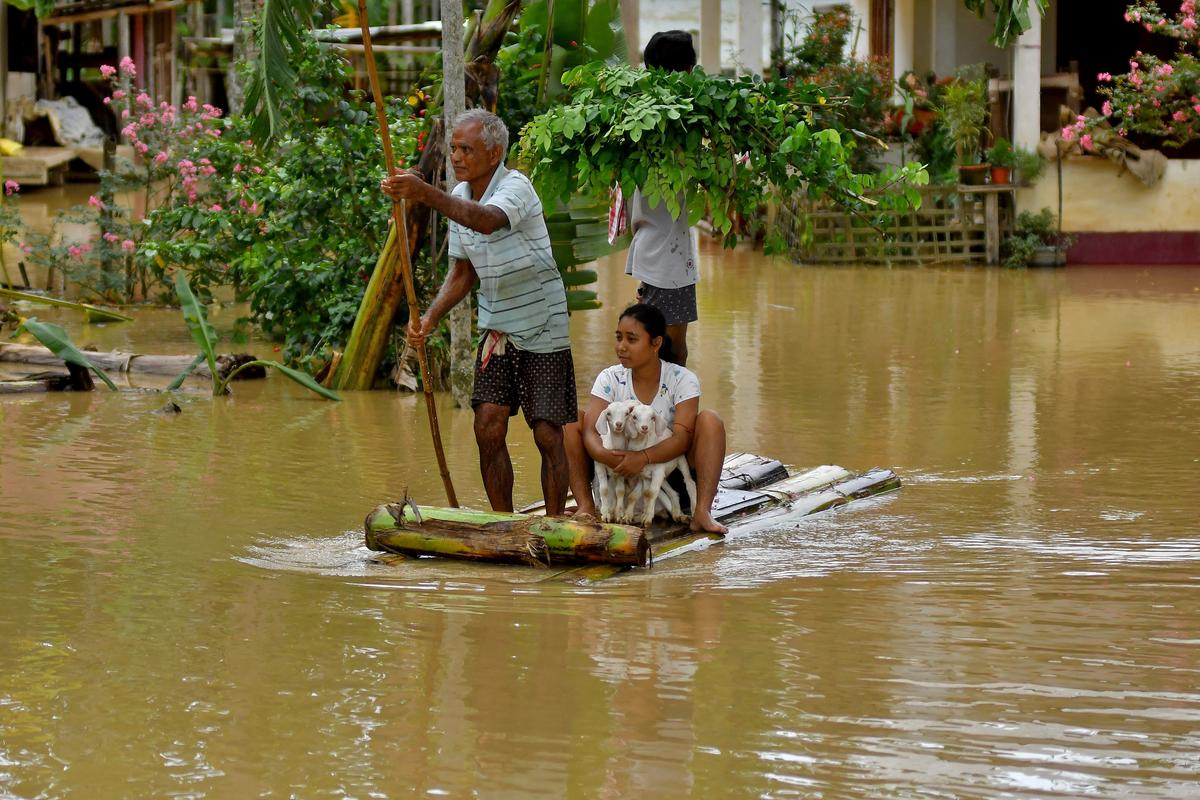CASA BLOGS

Liberation from the Shackles of Stain-Shaming
Story by: Arushi Narchal
Written by: Kajol Tanaya
A phenomenon as natural as menstruation poses severe challenges against the physical and mental health of rural women in India. Adding on to the rural women’s lack of awareness about this crucial and sensitive bodily cycle, the stereotypical construct of the society deliberately pushes any discussions related to menstruation under the carpet. Widespread stigmatisation, regressive mindsets and institutional bias continue to mistreat menstruating women with restrictions on self-expression, freedom, schooling, and mobility. Many a time, the perpetrators are no other than their own family members who suppress these women under a shame related to their own bodies
Observing such soaring reluctance amongst the rural women against talking about menstruation, CASA took the initiative to organise a Gender Sensitisation program in rural premises of the country. In Banswara, Rajasthan, the program intended to train women on making cloth pads for their own menstrual hygiene and for generating another stream of livelihood. The workshop attracted women from several nearby villages. Traversing over 20 kilometres from Mastamahudi village to attend the workshop, Priyanka, a 19-year-old girl pursuing Bachelor in Arts arrived at the event venue.
The program included three phases, Sharm Todo, Menstrual education and Stitching high-quality cloth-pad. Through the first phase of breaking the silence, Priyanka learned about the need to break free from taboos related to menstrual health and one’s own body. She shares, “the workshop introduced me to the vices of perpetrating secrecy and silence about menstruation at home. Menstruation is natural but the stigma is not. Many women in my village suffer exclusion from social events while on periods. They are not allowed to enter the kitchen or temples and are also refrained from touching their spouse and sitting in proximity to the male members. It is wrong.” She adds, “The blood discharged during periods is not impure as it is tabooed to be. The blood does not come out of our urinary outlet, it is released from the vagina which is separately located. We must not feel ashamed of our natural cycles. I did not know about this before the workshop”
Priyanka crossed her menarche when she was in 8th standard. She was shocked at its commencement. She was at school and not home. Luckily, her friends spoke about it and calmed her down. Under the financial shortages, many times she couldn’t afford sanitary pads and had to use cloth as a substitute. She has been using red cloth during her menstruation as many other pubescent girls and women in the village. The use of coloured cloth is concerning in several ways. Priyanka enumerates, “The resource person in the workshop educated us on not using a coloured cloth or shabby ones. We must use a white cloth so that we can detect the presence of any infection and measure the level of flow. I never knew I was so misguided.”
In the third phase, the participants were trained to make high-quality sanitary pads out of white cloth by themselves. Priyanka shared, “I had never heard of any such workshop in our village before. The pads I learned to make are eco-friendly, economical, long-lasting, and reusable. It also allows detecting infection early on. I will definitely stitch more at home and give it to my friends who need it.”
Priyanka aspires to become a teacher in the future. She aims to dwindle the domestic violence and discrimination that is brought upon women. Her aspiration to fight against the disparities and teach young girls about the menstruation process was worth the praise. Through the workshop, Priyanka was empowered to spread the word on abolishing the detrimental taboos, notions, and discrimination that menstruating women are suppressed under.
 Previous Blog Post To What Could Be Our Last Meal Together
Previous Blog Post To What Could Be Our Last Meal Together Dire need of financial aid amidst the Pandemic
Dire need of financial aid amidst the PandemicFeatured Post

Mental Health Awareness in India: Addressing Key Challenges
8 Nov 2024
Mental health awareness is crucial in India, where millions silently struggle with mental health disorders, including depression, anxiety, and bipolar disorder. Despite growing recognition, India faces unique challenges in effectively addressing mental health issues. The stigma associated with mental illness remains a primary barrier. In Indian society, mental health issues are often misunderstood, leading to […]

Ensuring Girls’ Safety in India: A Path Toward Empowerment
20 Aug 2024
Girls’ safety in India remains a critical issue that has garnered increasing attention over the years. Despite various reforms and efforts from both government and civil society, challenges persist. From street harassment to domestic violence, gender-based discrimination continues to limit the freedom and safety of girls. While significant progress has been made in addressing these […]

The Connection Between Monsoons and Floods in India: An In-Depth Analysis
9 Jul 2024
India, a land of diverse climates and geographical features, relies heavily on the monsoon season for its agricultural and water resources. However, with the benefits of the monsoon rains come significant challenges, particularly in the form of floods. This blog explores the intricate relationship between the monsoon season and flooding in India, providing detailed insights […]


